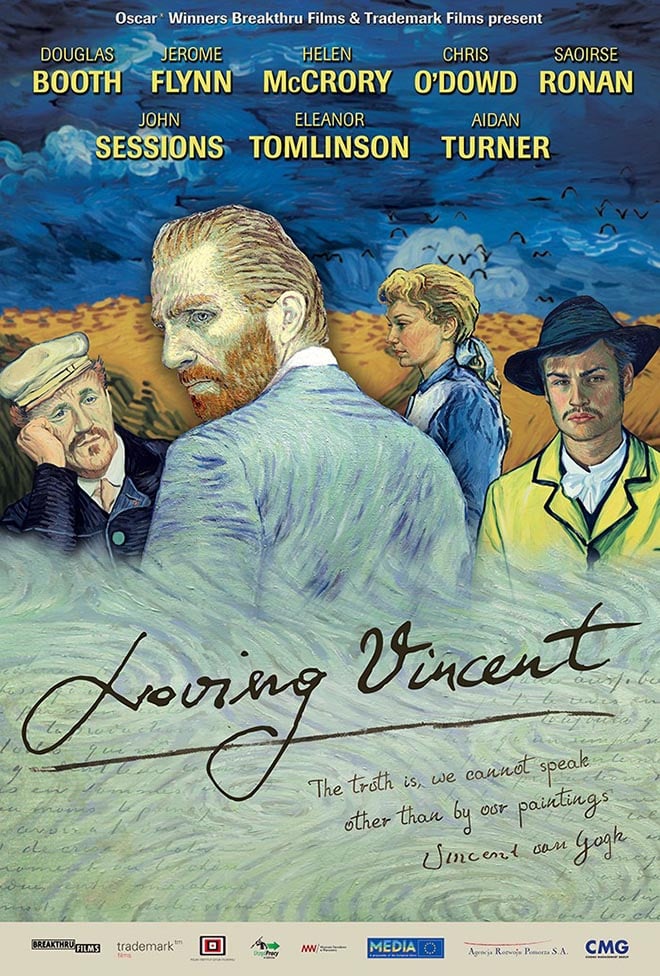 Over this past term, as I have been getting to grips with living independently for the first time with my best friend, one particular issue that sprung to mind for this article is friendship. Can Asperger people manage it? Why does it look so easy for neurotypical (non-autistic) people? Above all, how does it work?
Over this past term, as I have been getting to grips with living independently for the first time with my best friend, one particular issue that sprung to mind for this article is friendship. Can Asperger people manage it? Why does it look so easy for neurotypical (non-autistic) people? Above all, how does it work?
As a person with Asperger’s Syndrome, I have spent years watching other people at school or college, wondering how other kids had such close-knit friendship groups, while I just didn’t feel close to anyone. Even now, I will spend the best part of a busy social situation staying with someone I know, or on my own gazing around helplessly at people who know how to approach others. Sound familiar?
To complicate things further, true friendship is more than just finding someone to make small talk with. It may start off that way if you regularly spend time with that person, but it requires more than simply seeing them weekly, or even daily. Keep finding things to talk about with them. For example, if you are in a society, you probably have an interest in common, so ask them about that interest. How long have they been playing that instrument or that sport for? Is this just a hobby or an ambition? Give your opinions too, but don’t forget to take in in turns to talk. Just remember: make them feel interesting and assess what interests, personality traits, etc. you have in common.
Maintaining existing friendships is a whole different kettle of fish. I think it is important here for non-autistic people to understand how much mental effort it can take for autistic people to achieve this. You might get from the sharing-interests stage to the opening-up-about-feelings stage, but for those who struggle to read people, it takes a lot of careful thought to work out how open to be and how to respond to the other person in return. It also pays to get the balance right between not spending so much time together you get sick of each other, but not forgetting to spend time with them either. A balance that becomes more important when you live together, I have found.
Then there is empathy. Autistic or not, you might know the stereotype that Asperger people lack empathy. I have gone through my whole life having to deal with the exact opposite. I feel other people’s emotions very acutely, and the problem is, I don’t always know how to respond to them. Sometimes it’s best just to ask outright: “what would be helpful to you right now?” Make it clear that they don’t have to talk to you, but if they want to, you will listen. Often listening can go further than any advice or cheering up.
So in summary: the better an AS person is at being a friend and a “normal” person, the more effort they may have put into learning how to achieve this. And, neurotypical friends, if they do something wrong – just tell them, clearly and politely. I am very grateful to be living with a friend who appreciates my good points and is patient with my various autistic struggles. I also know that not all people like me are so lucky. AS people: if you have at least one friend who completely accepts you, autism and all, be grateful for them. Put that mental effort into your friendship. Tell them they are a good friend. Above all, be there when they need you, and show them the same acceptance they show you. Ignore stereotypes: you can manage friendships.



